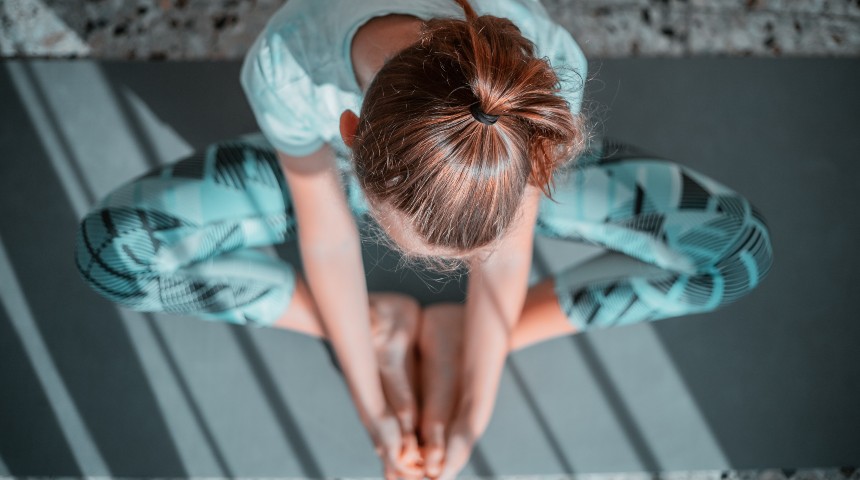
Yoga provides a space for mindfulness, exercise and developing a deeper connection with ourselves and the world around us.
The United Nations’ International Day of Yoga aims to raise awareness of the many benefits of practising yoga, particularly during this unprecedented time with the COVID-19 pandemic.
The practice originates from India, where yoga is an ancient physical, mental and spiritual exercise to unite body and consciousness. Yoga has played a significant role during the pandemic as people from around the world began to embrace it in order to stay healthy during isolation and social distancing. It helped with anxiety and depression as it enabled mindful meditation as well as physical exercise.
The essence of yoga is balance - not just balance within the body or that between the mind and the body, but also balance in the human relationship with the world. Yoga emphasizes the values of mindfulness, moderation, discipline and perseverance. When applied to communities and societies, Yoga offers a path for sustainable living."The United Nations
This year the theme for Yoga Day is Yoga for Humanity. The idea is based around the importance of practicing yoga to live a sustainable lifestyle and connect with the planet.
Yoga in research
Dr Shu Yau, psychology lecturer and Director of the Child Cognition and Autism lab at Murdoch, is investigating the mental health needs of autistic youth. Around 80 per cent of children and adolescents with autism have elevated anxiety compared to neurotypical children.
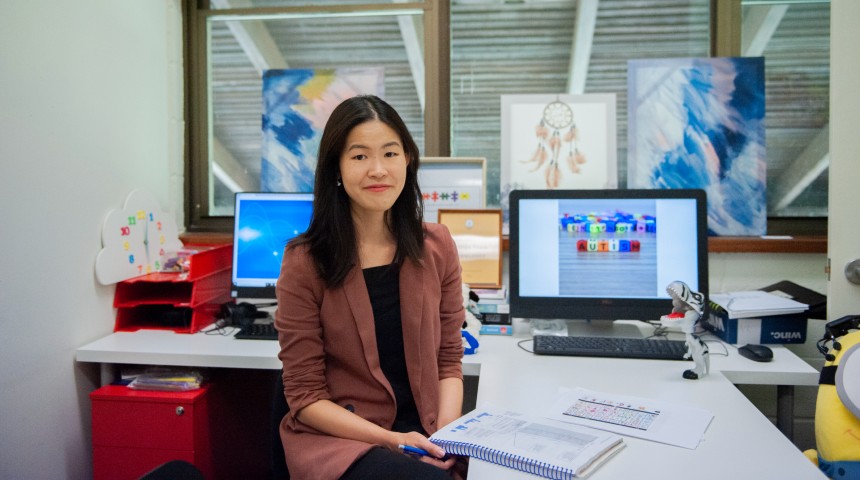 Dr Shu Yau
Dr Shu Yau
As a part of the research, Dr Yau and her team are running a yoga-mindfulness intervention trial to help with emotion-regulation and cognitive mechanisms such as Intolerance of Uncertainty (e.g. worrying about unexpected changes) and attention-focusing, as an intervention strategy to target anxiety in children and teens with autism.
“Up to 40 per cent of children on the spectrum have at least one anxiety disorder, which if unmanaged, can develop into complex mental disorders in adolescence and adulthood,” Dr Yau said.
“However, families and clinicians are telling us that these kids are waiting a year or more to receive intervention.
“Our Autism-yoga mindfulness programme aims to fill in that gap and help them cope during this time, whilst complementing existing interventions.”
Dr Yau and her team’s free Murdoch yoga-mindfulness program is unique for a number of reasons.
“We are co-designing the entire intervention by working closely with families and kids to tailor elements of the program to their specific needs and fears, instead of putting them into a prescribed general-child-yoga box that may not fit.
“We then use child-friendly neuroscience methods to understand what works (or not) for whom and why, which injects more scientific rigour into the yoga-mindfulness field.
“Lastly, our trials are free and co-designed with families to adapt the sessions to their needs, so we can include all abilities in Autism, and all levels of severity in functioning and anxiety, not just those who can physically or financially do yoga.
“These sessions are also online, so are accessible to those in regional areas who have even longer waitlists for psychological interventions.”
Dr Danielle Mathersul, Lecturer in psychology and yoga-intervention expert, has been practicing yoga for over 25 years.
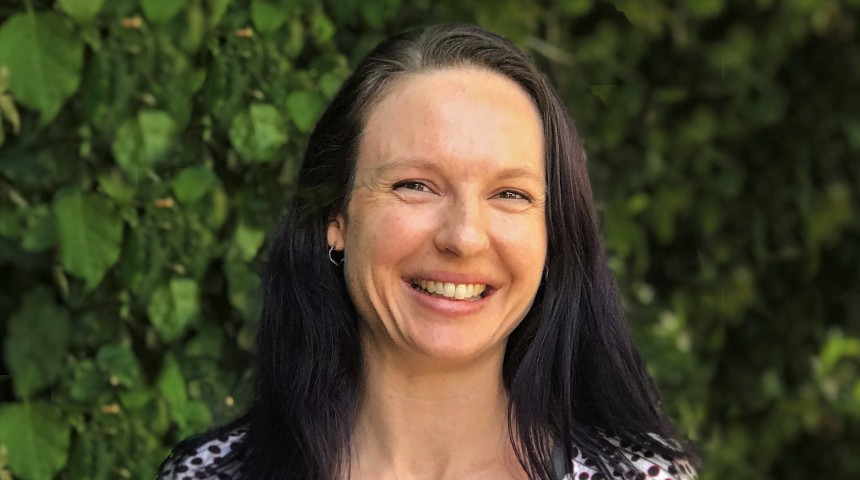 Dr Danielle Mathersul
Dr Danielle Mathersul
“While there is a lot of research on yoga, many of these existing studies have poor design and methodology, so we are aiming to improve the rigour of yoga research,” she said.
“We are also using neurophysiological methods to identify how and why yoga works (or does not), with the aim to improve precision medicine.”
Dr Yau and Dr Mathersul are co-supervising Murdoch PhD student Tundi Loftus who is helping to organise and analyse the outcomes of the yoga-mindfulness sessions with children and teens with autism over the next three years.
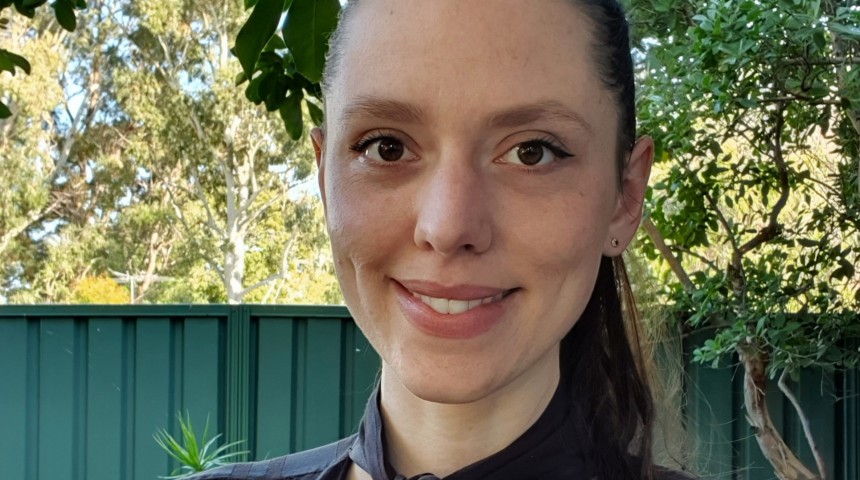 Ms Tundi Loftus
Ms Tundi Loftus
“I have worked with neurodiverse children since 2018 and have seen improvements in emotional regulation from yoga techniques, such as movement (asanas) and mindfulness meditations,” she said.
“When I heard of Dr Yau's and Dr Mathersul's yoga-mindfulness and Autism Spectrum Disorder project in 2021, I was eager to participate.
“For my master’s thesis I conducted a systematic review of the effects of existing mindfulness interventions for improving anxiety and social skills and reducing aggressive behaviours of children and young people with ASD.
“The findings of this review reflect that while there were promising results of mindfulness improving mental health and challenging autistic behaviours, overall, there was poor research design and methodology.
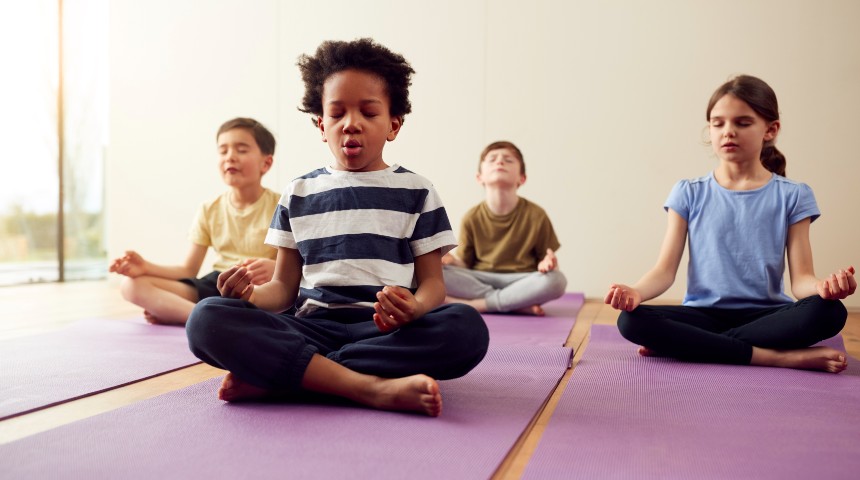
“Our aim is to address these methodological flaws and improve the quality of the research, while working directly with families to co-design the intervention and tailor the yoga-mindfulness to the needs of children and young people with ASD.”
The first round of the co-designed intervention, commencing today, is a Yoga Nidra intervention for children and young people with ASD.
“Yoga Nidra is understood as a state of consciousness that is somewhere between wakefulness and sleeping. It’s a guided meditation that elicits a sense of deep relaxation,” Ms Loftus said.
Learn more about the project and follow the Autism Lab on Facebook.
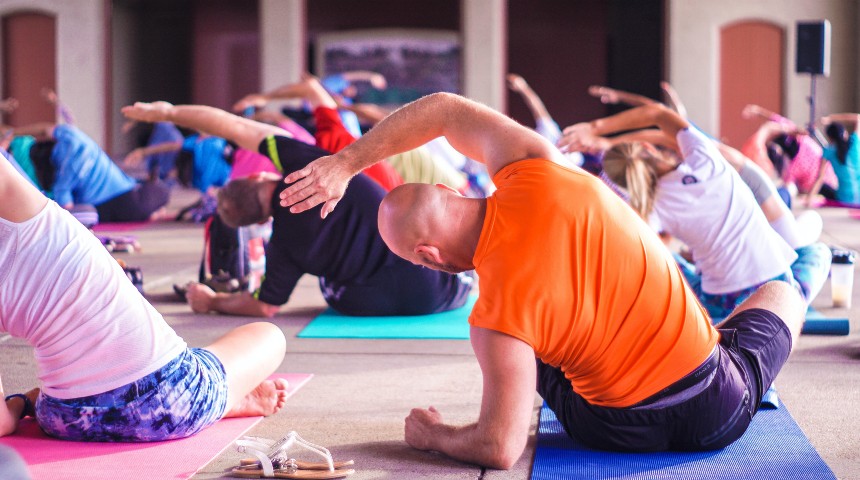
As well as co-supervising Ms Loftus with Dr Yau on this project, Dr Mathersul is also looking into how yoga for adult mental health compares to Cognitive Behavioural Therapy, which is the current first-line evidence-based mental health intervention.
“I have worked in the United States of America on two Randomised Control Trials, and we found that yoga is effective for Post-Traumatic Stress Disorder and chronic pain among US veterans.
“I am now expanding this research to Australian Defence, veterans, and first-responders – where we are employing the same co-design methods as for the ASD study – and to Australians with mental health difficulties.
“As a clinical psychologist, I know that CBT is effective and can be helpful for people with mental health difficulties.
“At the same time, I know that it doesn’t always work for everyone, so we need to find other effective interventions. I hope yoga will be one of those. The aim is not to replace CBT, it is to provide individuals with more treatment options and choices.”
Follow the Yoga or CBT for Mental Health Facebook and Instagram pages for updates on the research or to participate in the mental health trial.
For families with children or teenagers on the Autism Spectrum, follow AutismMU Facebook page for updates on sessions.
This research supports the United Nations Sustainable Development Goals 3, 10 and 4.